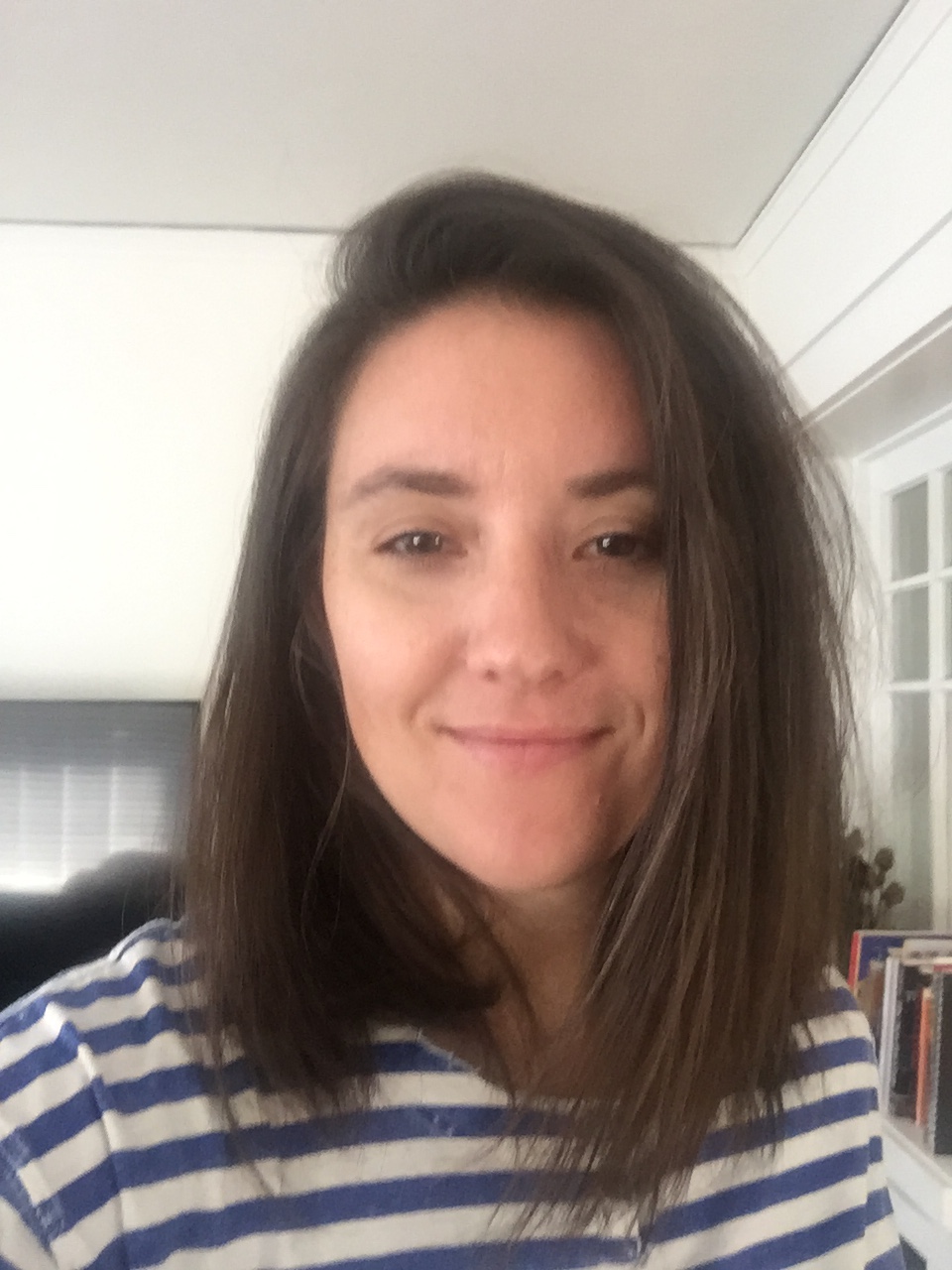
How Infants Navigate their Social Networks
Description
In order to survive, humans must create and maintain social relationships. Previous work on infant social motivation suggests that infants are ‘set up’ to create relationships with prosocial individuals over anti-social ones. In these studies, infants observe novel characters, and reach more often for prosocial individuals, such as helpers and imitators, over anti-social ones, such as hinderers and those who fail to imitate. However, adults are embedded in rich social networks and we rarely form new relationships with complete strangers. Likewise, infants are embedded in the networks of their caregivers. In the current studies, we ask, are infants aware of their own network? If so, how do they navigate them? In this talk I will discuss two sets of studies that speak to these questions. First, I will discuss a study asking whether infants preferentially reach for those who are affiliated with their caregivers. These studies built off work which suggests that infants see imitation as a cue about affiliation, asking whether infants reach more often for those that are imitated by their caregivers. Next I will discuss ongoing work asking whether infants differentiate between ‘close’ affiliation (i.e. people you’d share an ice cream cone with) and ‘distant’ affiliation (i.e. people you’d help or cooperate with). Preliminary findings suggest that infants might differentiate between these types of relationships.
Link to Zoom Webinar: https://mit.zoom.us/j/93206790843
Speaker Bio
I'm interested in humans as a social species. I have two lines of research. In the first I investigate what infants, toddlers, and children think about social relationships. I've mostly studied how they think and feel about social hierarchy (i.e. situations where there is a 'winner' and a 'loser' or when someone is 'in charge'). Currently, I am postdoctoral fellow working with Elizabeth Spelke and Rebecca Saxe, we're investigating how caregivers influence infant's social evaluations. In my second line of research I'm interested in people's moral judgements of parents, and parenting. I'm also interested in questions like -- where do moral norms come from and how do they change?
Additional Info
Upcoming Cog Lunch Talks:
July 21, 2020 - OPEN
July 28, 2020 - Christopher Kelly
August 4, 2020 - Stephan Meylan
August 11, 2020 - OPEN
August 18, 2020 - Martin Schrimpf

